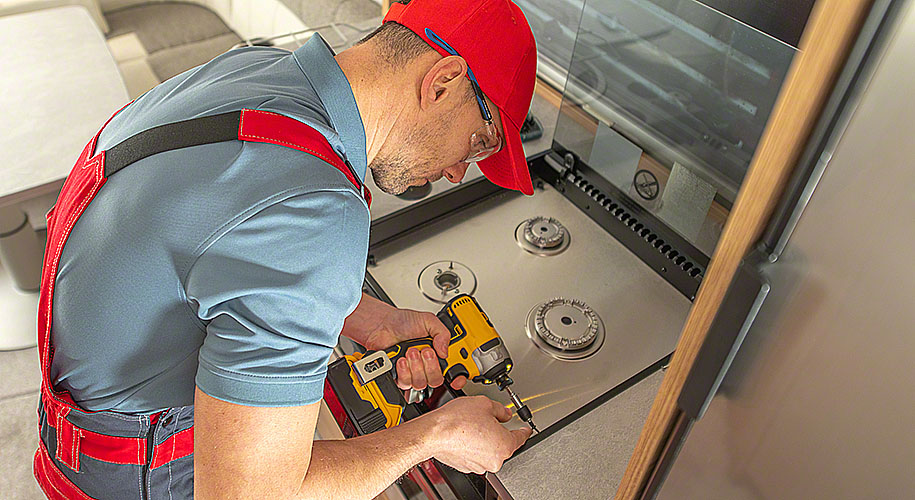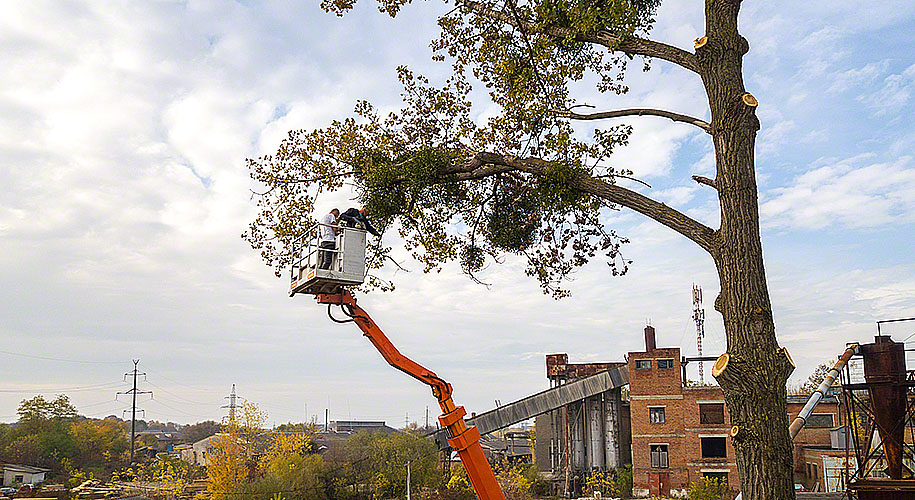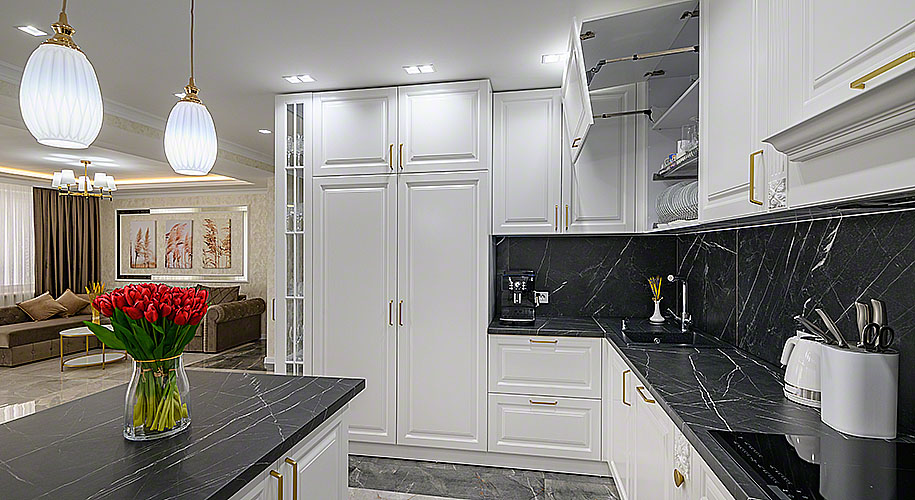HVAC filters are essential for preserving indoor air quality, safeguarding HVAC equipment, and ensuring the system operates efficiently. Despite this, many homeowners often neglect the significance of these filters or lack a complete understanding of their role and importance. This article aims to explore the realm of HVAC filters, emphasizing their importance, the various types available from HVAC contractors, and guidelines for their proper replacement.
Significance of HVAC Filters
HVAC filters are integral to the functioning of heating, ventilation, and air conditioning systems. Their primary role is to capture airborne particles like dust, pollen, pet dander, and mold spores, preventing these from circulating within the home, thereby enhancing indoor air quality. This function is especially beneficial for people with allergies, asthma, or other respiratory issues.
Additionally, filters serve to protect HVAC equipment by stopping debris from collecting on components such as coils, motors, and fans. Accumulation of debris can decrease efficiency and result in costly air conditoning repair services Vienna. Moreover, clean filters ensure efficient airflow, allowing the HVAC system to function at peak performance while minimizing energy use and utility bills.
Varieties of HVAC Filters
A range of HVAC filters is available in the market, each with unique characteristics, filtration efficiencies, and suitability for different uses. The most common types include:
Fiberglass Filters
Fiberglass filters are the simplest and most affordable option. Composed of a thin layer of fiberglass mesh, they trap larger particles but might let smaller ones pass through. While these filters are cost-effective, they offer limited filtration efficiency and need frequent replacement.
Pleated Filters
Pleated filters have a folded or pleated design, which increases the surface area available for capturing airborne particles. Made from polyester or cotton paper, these filters provide higher filtration efficiency than fiberglass filters. They come in various sizes and MERV (Minimum Efficiency Reporting Value) ratings, which indicate their effectiveness at trapping particles of different sizes.
Electrostatic Filters
Electrostatic filters use an electrostatic charge to attract and trap particles as air flows through them. Available in both disposable and washable forms, these filters offer superior filtration efficiency compared to fiberglass and pleated filters. However, washable electrostatic filters require regular cleaning to remain effective.
High-Efficiency Particulate Air (HEPA) Filters
HEPA filters are considered the gold standard in air filtration, capable of capturing 99.97% of particles as small as 0.3 microns. They are highly effective at removing allergens, bacteria, and viruses from the air but may need modifications to the HVAC system to accommodate their size and airflow requirements.
Replacement Guidelines
Regular replacement of filters is crucial for maintaining optimal HVAC performance and indoor air quality. The frequency of replacement depends on various factors, including the type of filter, household size, presence of pets, and indoor air quality concerns. Generally:
- Fiberglass filters should be replaced every 30 days.
- Pleated filters should be replaced every 60 to 90 days.
- Washable electrostatic filters should be cleaned every 30 to 60 days.
- HEPA filters should be replaced according to the manufacturer’s guidelines, typically every 6 to 12 months.
It’s also important to inspect filters regularly for signs of dirt, debris, or damage, replacing them sooner if they appear dirty or clogged. Upgrading to a higher MERV-rated filter can be beneficial if indoor air quality is a priority or if household members have allergies or respiratory issues.
Factors to Consider When Choosing HVAC Filters
When selecting HVAC filters, consider factors such as filtration efficiency, airflow resistance, and compatibility with your HVAC system. The MERV rating indicates a filter’s effectiveness at capturing particles of various sizes and is a crucial factor in selection.
Other considerations include filter size, material, and cost, as well as any specific indoor air quality concerns or HVAC system requirements. Guidance on choosing the right filter should address whether the goal is to maximize filtration efficiency, improve airflow, or target specific allergens or contaminants.
DIY HVAC Filter Maintenance Tips
Homeowners can maintain their HVAC filters between replacements by following some practical tips and techniques. This includes step-by-step instructions for safely removing and inspecting filters and methods for cleaning washable filters using water and mild detergent.
Proper handling and disposal of disposable filters are also crucial, including safely removing and discarding them without releasing captured particles back into the air. Incorporating filter maintenance into regular home maintenance routines helps ensure consistent performance and longevity of the HVAC system.
Benefits of Professional HVAC Maintenance
Professional HVAC maintenance services offer several advantages, including filter inspection, cleaning, and replacement as part of a comprehensive maintenance plan. Professional technicians can identify and address potential filter issues, such as improper installation, airflow restrictions, or equipment compatibility problems.
Scheduling regular HVAC maintenance appointments ensures filters are properly maintained and replaced on schedule, reducing the risk of equipment malfunctions, breakdowns, and costly repairs. Homeowners are encouraged to invest in professional maintenance for optimal HVAC performance and longevity.
Environmental Considerations
HVAC filters impact indoor air quality, energy consumption, and sustainability. Using high-efficiency filters can help reduce indoor air pollution and the need for energy-intensive air purification methods.
The environmental implications of disposable versus washable filters, including waste generation and resource consumption, should be considered. Tips for environmentally responsible filter disposal or recycling, as well as options for eco-friendly filter materials, can help minimize environmental impact while maximizing indoor air quality and HVAC efficiency.
Advanced Filtration Technologies
Emerging trends and innovations in HVAC filtration technology, such as ultraviolet (UV) germicidal irradiation, photocatalytic oxidation, and activated carbon filtration, offer enhanced indoor air quality by targeting specific contaminants like airborne pathogens, volatile organic compounds (VOCs), and odors.
The potential benefits and considerations of incorporating advanced filtration technologies into HVAC systems include installation requirements, maintenance needs, and cost considerations. Evaluating the suitability of these solutions based on indoor air quality concerns, budget, and desired filtration performance is essential.
Conclusion
HVAC filters are vital for maintaining indoor air quality, protecting HVAC equipment, and ensuring optimal system performance. By understanding their importance, recognizing the different types available, and following proper replacement guidelines, homeowners can maintain a healthy and comfortable indoor environment. Regular filter maintenance, possibly through professional HVAC contractors VA, should be a priority to enjoy cleaner air, lower energy costs, and extended equipment lifespan.



